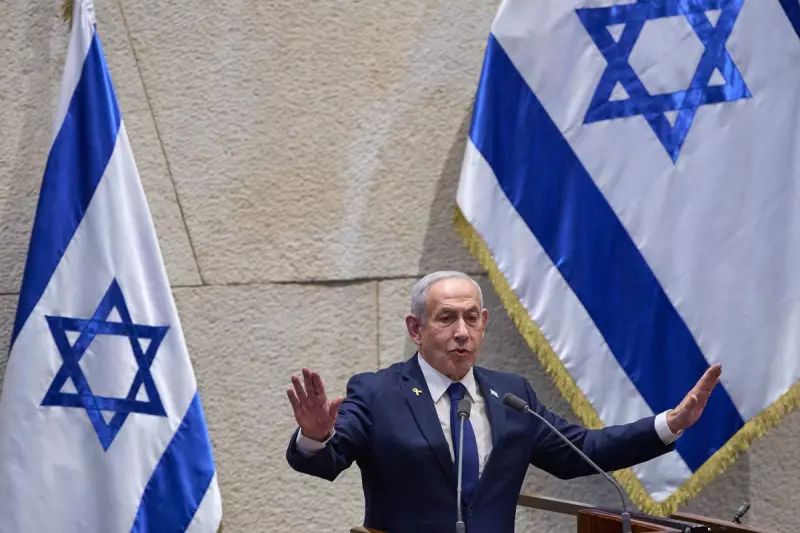
Prime Minister Benjamin Netanyahu has ignited a fresh wave of public and political anger in Israel by announcing that the long-awaited investigation into the catastrophic Hamas attack on 7 October 2023 will be led by his own government.
A Controversial Government-Led Probe
Following repeated delays, the Israeli Cabinet has approved the formation of a "government committee" to examine the security and intelligence failures that permitted the deadliest assault in the nation's history. This decision, made on Sunday, comes after Netanyahu had previously resisted all calls for an inquiry, stating he would only answer questions once the war was over. He has now cited the ceasefire that began on 10 October 2025 as the reason for initiating the probe.
Critics have immediately condemned the move, arguing that the Prime Minister is attempting to evade personal responsibility. Traditionally, Israel appoints fully independent state commissions, led by retired judges, following major governmental crises. In contrast, Netanyahu will personally oversee the composition of this new committee, effectively placing him in charge of an investigation that will scrutinise his own government's decisions. Further details about the inquiry's structure are expected to be announced within 45 days.
Widespread Public and Political Condemnation
The announcement has been met with fierce opposition. Israel’s opposition leader, Yair Lapid, called the decision "insulting" to the victims of the October 7 attack and the hundreds of soldiers killed in the subsequent war. "The government is doing everything it can to run from the truth and evade responsibility," Lapid stated.
This sentiment was echoed by the Movement for Quality Government in Israel, which starkly noted, "The government is 'establishing a commission that will investigate itself'... This is not an investigative commission, this is a cover-up commission."
This government-led approach flies in the face of clear public opinion. A poll conducted last month by the Israel Democracy Institute revealed that nearly three-quarters of the Israeli public supports a fully independent commission. The survey, which questioned 1,000 people with a margin of error of 3.1 percentage points, found that even 68% of Netanyahu’s right-wing base favoured an independent probe. Thousands of people demonstrated in Tel Aviv on Saturday night, demanding such an independent investigation.
The Scale of Failure and Broader Accountability
The 7 October 2023 attack saw Hamas-led militants kill approximately 1,200 people and take more than 250 others hostage. In the military response that followed, nearly 500 Israeli soldiers have been killed, while Palestinian health officials report the death toll in Gaza has exceeded 69,000.
While the Israeli military has conducted internal investigations, this new probe is also mandated to examine governmental decision-making. Many security figures and a significant portion of the public believe the failures extend far beyond the military. They point to Netanyahu’s pre-war attempts to overhaul the judiciary, which triggered mass protests and created visible national divisions, as having signalled weakness to Israel's enemies.
Furthermore, many Israelis blame the Prime Minister for a years-long strategy of deterrence and containment towards Hamas. This strategy included allowing Qatar to send suitcases of cash into Gaza and sidelining the rival, internationally recognised Palestinian Authority. An internal military investigation had already identified a central misconception: that Hamas was more interested in governing Gaza than fighting Israel. The army had drastically underestimated the militant group's capabilities and intentions, preparing for a ground invasion from up to eight border points when Hamas utilised more than 60 attack routes.
In the wake of the attack, numerous high-ranking officials, including the military chief of staff, the head of military intelligence, and the defence minister, have resigned or been forced out. As the government prepares to investigate itself, the nation remains deeply divided over the pursuit of accountability for its most profound security failure.





